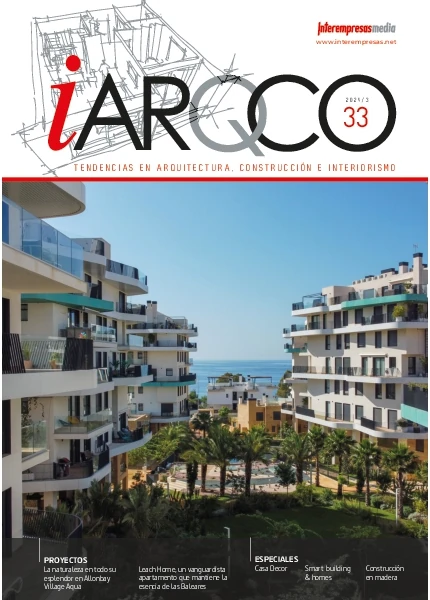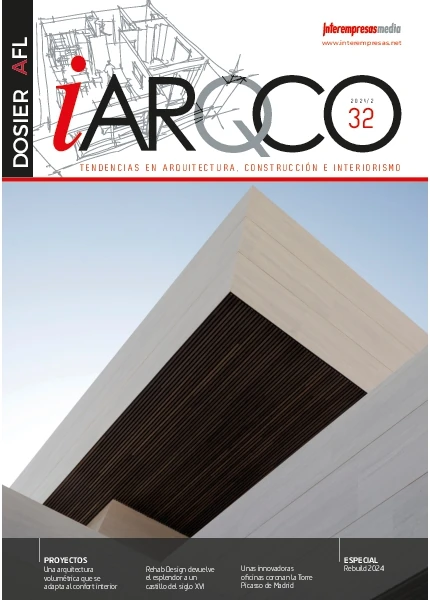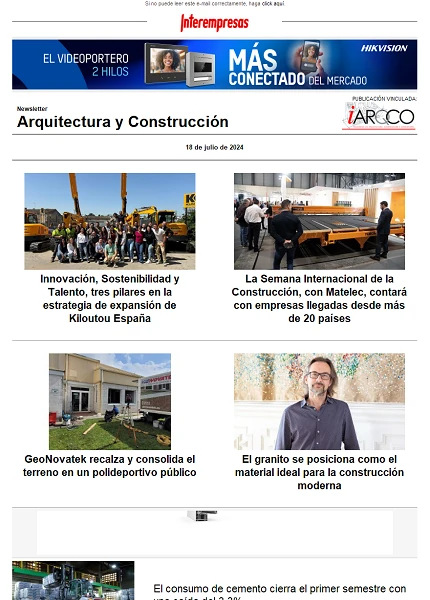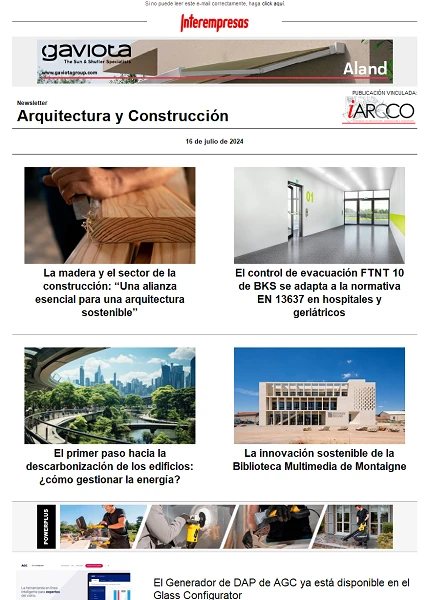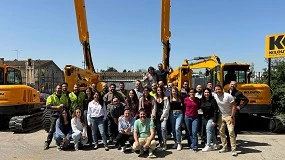Aidico Coordinates ‘Regeocities' to promote the geothermal sensors power in Europe
25 May 2012
Fits to stand out that the obtaining of the permissions and licences vary a lot according to the degree of maturity of the technician in the different countries, doing that in a lot of cases the process was problematic. Like consequence, the obtaining of the necessary administrative permissions for the realisation of this activity are complex and of dilación in the time of granting.
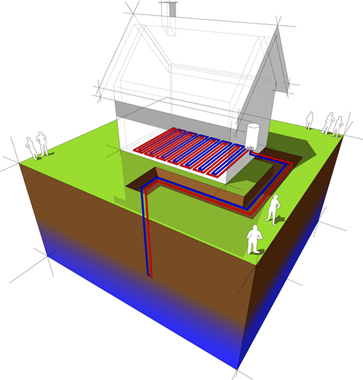
This project belongs to the European call for proposals Intelligent Energy - Europe (IEE) within its program of renewable energy sources, which in turn is located inside of the Competitiveness and Innovation Framework Programme (CIP). It has a budget of 1.686.578 and is co-financed at 75% by the European Commission.
The consortium that will develop the project is formed by European partners with extensive experience in geothermal systems, including: European Geothermal Energy Council (EGEC), Universidad Politécnica de Valencia (UPV), Romanian Geoexchange Sociaty (RGS) from Romania, Bureau Recherches Geologiques Minières (BRGM) of France, UBeG GbR in Germany, Centre for Renewable Energy Sources and Saving (CRES) of Greece, Technical Research Institute of Sweden (SP), of Sweden, Nationale Geologiske Undersøgelser for Danmark og Grønland (GEUS) of Denmark, SLR consulting, of Ireland, IF Technology, Holland, Scuola Superiore di Studi Universitari e di Perfezionamento Sant'Anna (SSSA), in Italy as well as the Service Public de Wallonie (SPW), Belgium.
The results of the project are aimed at different institutions and agents in the sector considered key in the development of geothermal systems, as a solution for the air conditioning of buildings. Some of these agents are: local and regional authorities with competencies in energy and building, energy agencies, developers, construction companies, engineering and consulting firms, companies in the sector of air conditioning, etc.
The objectives of the project are the overcoming of barriers, the identification and transfer of best practices from mature regions to the juvenile, the preparation of a document with recommendations to develop a pre-normativo common framework, obtain commitments with local authorities for the implementation of the results as well as develop a training program focused on the management staff responsible for regulation. Ultimately, the project aims to achieve the concept of Smart-Cities in the context of shallow geothermal systems.
Shallow geothermal systems represent a clear clean alternative for the efficient and sustainable air conditioning of buildings. This solution uses the thermal energy which focuses on superficial meters of land (usually up to 100 m) to provide both heat and cool buildings through other systems such as geothermal heat pumps or the radiant floors. In general, the terrain in a given region presents approximately a temperature similar to the average annual temperature in this region and is therefore much more stable than the outdoor conditions. This is why the installation of the heat exchanger are more efficient than the of of heat conventional pumps where the Exchange takes place abroad.
With the solutions provided by the shallow geothermal systems energy consumption can be reduced to a 50-60% compared to conventional systems. While the initial costs are somewhat higher that in conventional systems, the return on investment takes place fairly quickly (5-7 years) and maintenance costs are very small or virtually non-existent.


